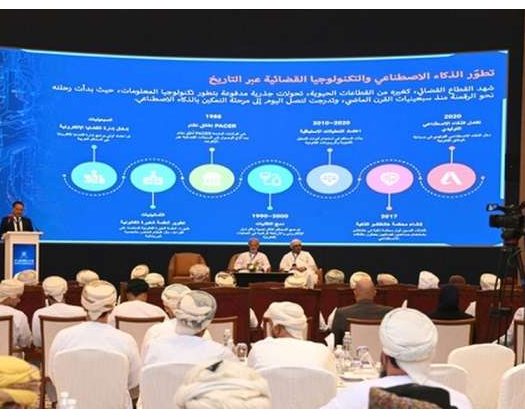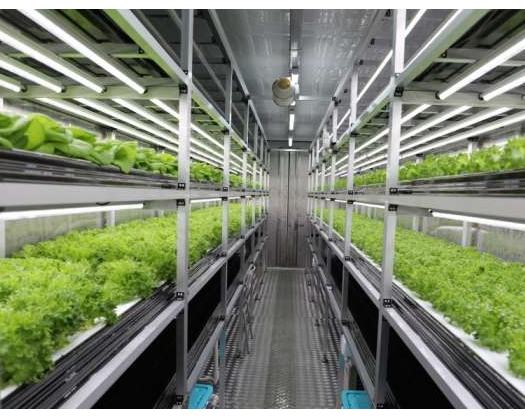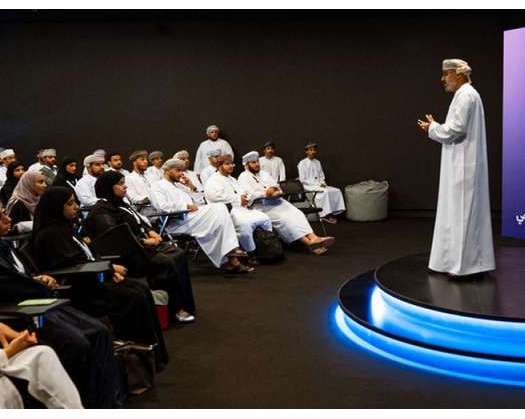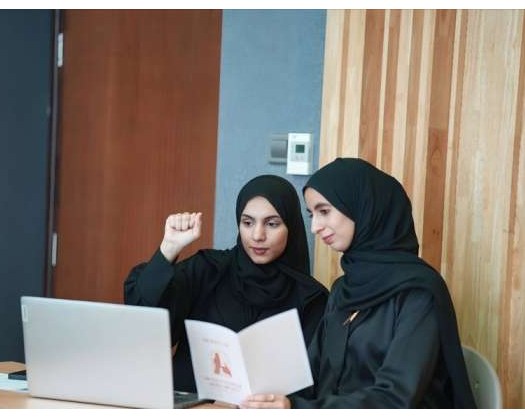Muscat— The worldwide symposium on "Foreseeing Artificial Intelligence in Judicial Work" began today in Muscat, focusing on important concerns surrounding AI adoption in the judiciary, including legal, technical, and ethical problems.
The Supreme Judiciary Council is organizing the event, which will be held under the patronage of Sheikh Ghosn Hilal Al Alawi, Chairman of the State Audit Institution.
The symposium looked for answers and ideas to ensure the AI's effective and secure use, forecast its possible influence on judicial systems, and make suggestions for technical developments to promote justice and increase judicial efficiency. Discussions also addressed future opportunities for smart legal training in the justice sector, as well as encouraging sustainable innovation and development in judicial institutions.
The symposium included several sessions, one of which focused on "Legal, Ethical, and Security Challenges of AI in Judicial Work," addressing subjects like transparency and accountability in an AI-driven judiciary, personal data protection in AI applications, algorithmic biases and their mitigation, and cybersecurity in smart judicial systems.
Another session, titled "AI Applications in Judicial Work," included four working papers: AI-based legal text analysis (benefits and challenges), the admissibility of algorithmic outputs in criminal court, AI applications in judicial investigations (innovative tools and techniques), and AI's role in training human resources in judicial institutions.
Another session, "Future Developments and International Cooperation in AI for Judicial Work," looked at the impact of AI on human genome accuracy and its future role in genetic evidence analysis, international collaboration in developing AI technologies for justice, and foresight scenarios for AI in the judiciary based on global experiences.
The conference focused on three primary topics: AI's legal, ethical, and security concerns in the judiciary; AI applications in judicial work; and future advances and international cooperation in AI for justice.
The event will explore future ideas for AI in the judiciary, forecast the possible impact of these technologies on judicial systems, recommend technical improvements to promote justice and efficiency, and promote long-term innovation in judicial institutions.













